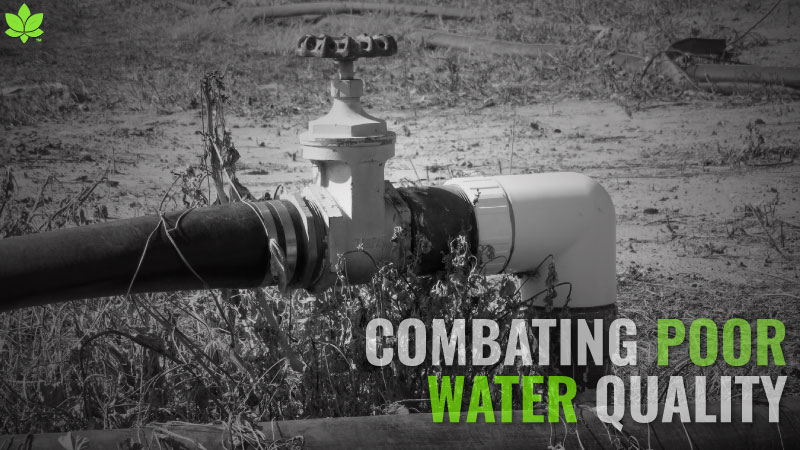U.S. May Begin Accepting European Pome Fruit Exports
USDA’s Animal and Plant Health Inspection Service (APHIS) announced today it will be publishing in the Federal Register a proposed rule that would allow the importation of fresh apple and pear fruit from eight European Union member countries — Belgium, Germany, France, Italy, Poland, Portugal, Spain, and the Netherlands.
But the publisher of the “World Apple Report” said that while he understands the move, he has serious reservations.
“APHIS appears to be acting responsibly in saying that apples from these eight countries may be imported if it is justified by sound science and adequate risk analysis, and if fairly rigorous protocols are followed in orchards, packing houses and exporting,” said Desmond O’Rourke of Pullman, WA. “The move seems intended to help the European pome fruit industry, which has been hurt badly by the Russian embargo.”
“However,” continued O’Rourke, who is also a columnist for American Fruit Grower® and Western Fruit Grower® magazines, “it ignores the 50 years of discrimination against U.S. pome fruit exports to Europe under the EU’s Common Agricultural Policy (CAP), and more recent EU food safety and environmental rulings. Before APHIS opens the door to European fruit, the U.S. government should put pressure on the EU to reverse 50 years of discrimination against U.S. pome fruit exports.”
The new import requirements would replace the existing preclearance program with a systems approach that includes appropriate pest risk mitigations, according to APHIS.
The U.S. would only accept commercial shipments of fresh apple and pear fruit from these countries if the shipments are accompanied by a phytosanitary certificate, with additional declaration followed by port of entry inspection.
The proposed risk mitigation measures for fresh apple and pear fruit consist of orchard and packing house certification, inspection of registered orchards twice a season, orchard pest control and sanitation, postharvest safeguards, fruit culling, trace-back, sampling, and cold treatment against Medfly in countries where the pest is known to occur, according to APHIS.
The proposed rule is scheduled to publish in the Federal Register and be available for public comment on Jan. 20.









